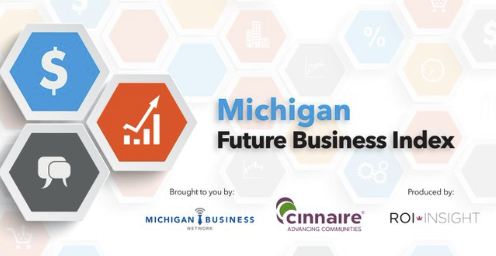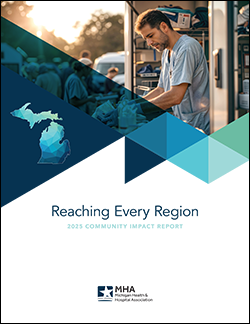
New to the This Week in Government newsletter? Don’t want to miss the latest business policy updates? Subscribe today to get the latest.

From the MEDC to Payroll Tax Credits: The Latest on Economic Development Policy From Lansing |
The debate over future economic development in Lansing continues with far-reaching implications for business — a conversation lawmakers and Gov. Gretchen Whitmer publicly said they expected to address before the end of the year, after passing the state budget. The Detroit Regional Chamber continues to meet with and provide input to the leadership of both legislative chambers and the Governor’s office. |
|
|
|
|
|
|
|
|
|
|
|
|
|
|
|
|
|









